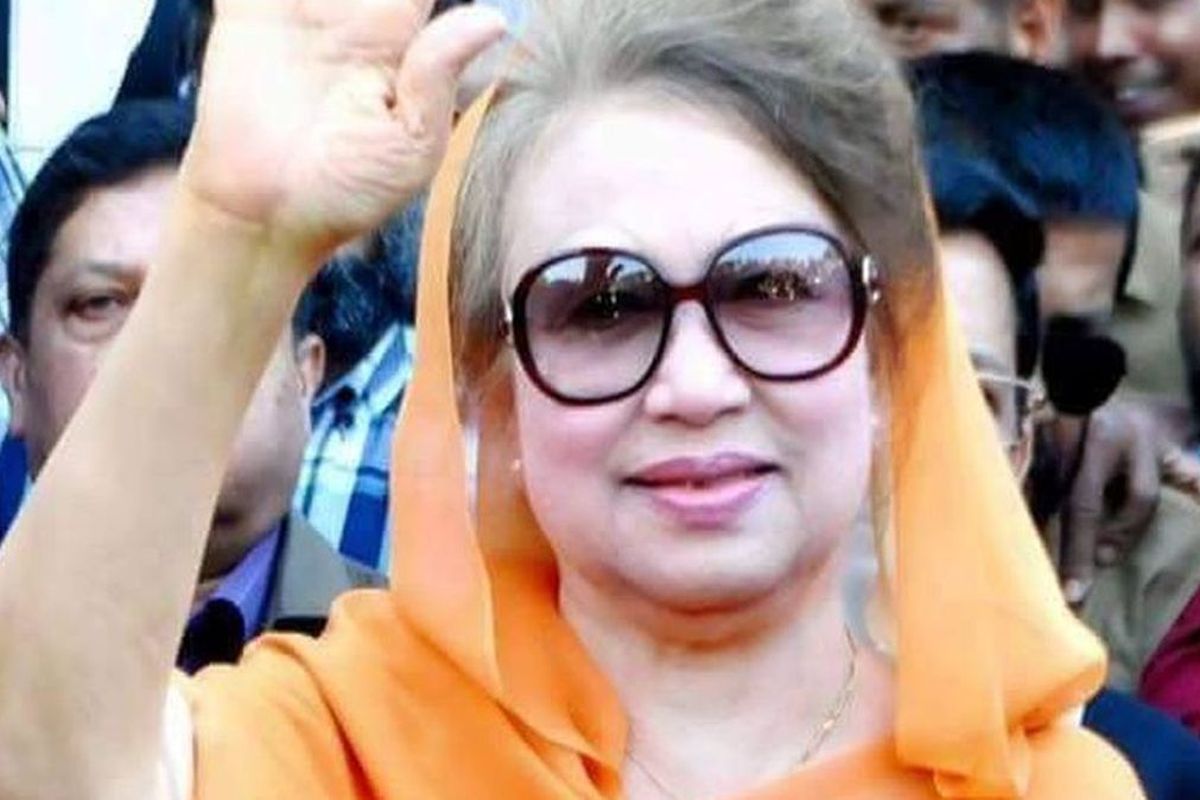Former Bangladesh Prime Minister Khaleda Zia on Saturday completed two years in prison, members and activists of her Bangladesh National Party (BNP) were losing hope of her release through legal and political means, according to report on Saturday.
Zia was jailed for 17 years on February 8, 2018, in two corruption cases, has been receiving treatment at the Bangabandhu Sheikh Mujibur Rahman Medical University since last April.
Advertisement
The two graft cases involve the Zia Orphanage Trust and Zia Charitable Trust.
However, the top leaders are saying that they will continue their efforts to get the 73-year-old BNP supremo out of prison, The Daily Star newspaper said in a report.
“We tried the legal and political means. Since the government kept her in jail out of vengeance, we could not get her released. But we believe that we will succeed in the coming days,” BNP Secretary General Mirza Fakhrul Islam Alamgir said on Friday.
Last year, in December, Bangladesh court rejected the bail petition of Nationalist Party chairperson Khaleda Zia in connection with the Zia Charitable Trust corruption case.
The court also ordered a status quo on the sub-ordinate court’s property crock order to confiscate 4,200,000 Katha of land bought in the name of Zia Charitable Trust and asked it to send it all case documents related with the case.
In April, the High Court had accepted Khaleda’s appeal, challenging a trial court verdict.
In 2018, Khaleda was convicted and jailed by a special court in Dhaka in connection with the graft case.
Khaleda Zia’s party had boycotted the 2014 general elections giving an easy victory to Prime Minister Sheikh Hasina’s Awami League. The verdict disqualifies Khaleda Zia for this year’s elections.
According to Article 66 of Bangladesh Constitution, a person convicted and sentenced for more than two years in jail is disqualified for contesting elections. However, Khaleda Zia can challenge the Dhaka special court judgment in the high court.
In her 35 years in politics, Khaleda spent time in jail several times but was never convicted. She had been detained several times during the anti-Ershad movement in the 1980s and 1990.









